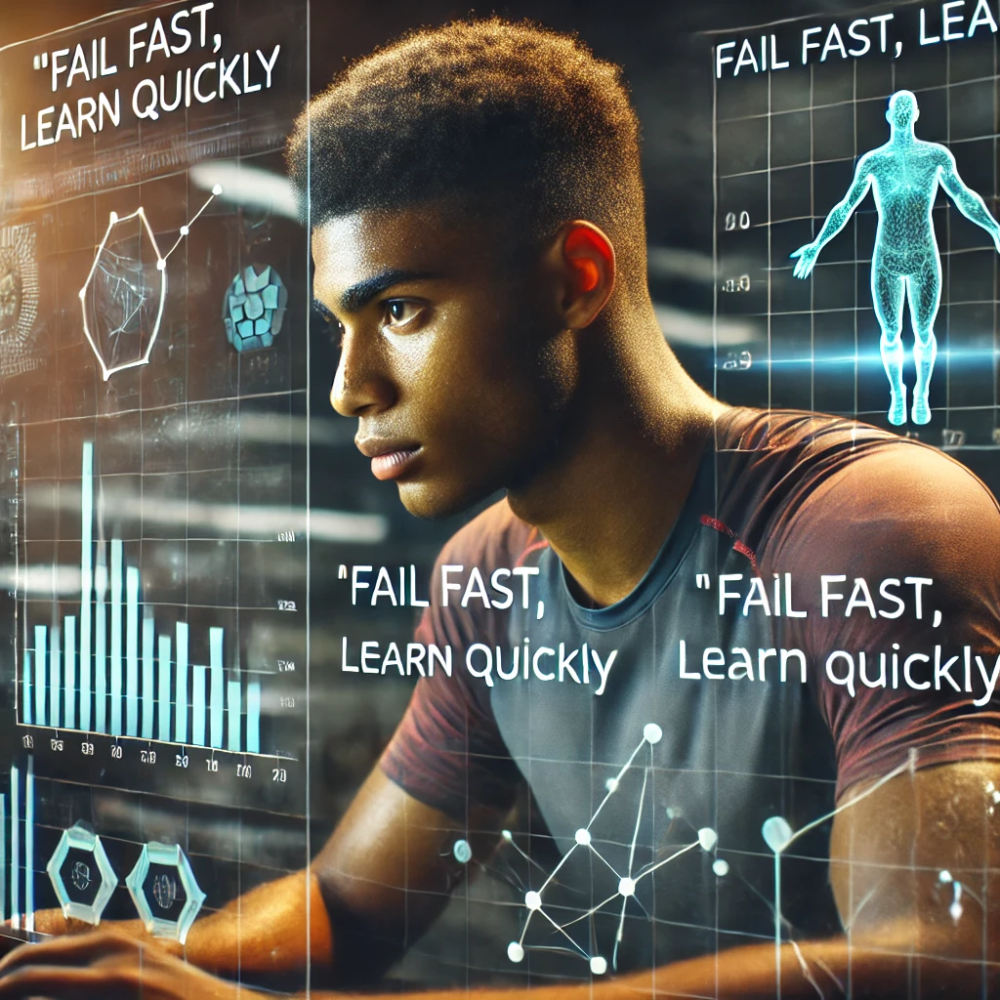Key Insights:
Hello, I am Heather Hopkins, Vice President and Leadership Coach at HKPO. I have always been passionate about continuous learning, which is why attending the Infosys Confluence conference was such an energizing experience. With a theme centered around artificial intelligence.
Among the standout speakers were tennis legends Venus Williams and Andy Roddick, who shared how AI is revolutionizing the game of tennis, and there was a deeper discussion around continuous learning—a mindset that connects the worlds of sport, technology, and business.
At HKPO, we emphasize this same principle: continuous learning, improvement, and the alignment of behaviors with performance. Venus Williams, through her personal journey, offered invaluable insights into how focusing on the right behaviors can lead to extraordinary results—echoing core concepts found in the Shingo Model, which we apply in our work at HKPO.
Here are three insights from their talk that deeply resonated with me.
As a coach and leader, I believe these lessons are not just applicable to AI or tennis, but to anyone striving for personal and professional growth. Whether you're navigating new challenges, embracing continuous improvement, or looking to elevate your leadership, these insights can help guide your journey forward.
Venus Williams shared a critical lesson her parents taught her: to focus on the process rather than the result. As a young athlete, Venus didn’t obsess over winning or losing. Instead, she concentrated on how she played—her techniques, behaviors, and daily discipline. This relentless focus on process is what allowed her to achieve consistent excellence.
This lesson aligns perfectly with one of the core principles of the Shingo Model—focusing on behaviors that drive sustainable results. The Shingo Model teaches that outcomes, or Key Performance Indicators (KPIs), are the natural byproducts of behaviors, or Key Behavior Indicators (KBIs). Just as Venus’s focus on her daily discipline led to extraordinary career results, organizations that emphasize KBIs—ensuring behaviors are aligned with organizational values—naturally see improvements in their KPIs.


Daily discipline and skill refinement, with AI elements overlaid to represent the intersection of human effort and technology
In the context of AI, this lesson is particularly relevant. AI is rapidly evolving, and while its results may be game-changing, what truly matters is the process of learning, adapting, and improving. Leaders and organizations must ensure their teams are focused on the behaviors that drive innovation, adaptability, and continuous improvement, rather than simply chasing immediate performance outcomes.
Andy also emphasized the importance of learning from failure. In his career, he expressed how he didn’t always win, but he always learned. This mindset—of failing fast and learning quickly—parallels the continuous improvement philosophy ingrained in Lean methodologies and championed in the Shingo Model.
At HKPO, we guide organizations to embrace this mindset, especially as AI technologies transform industries. Just as AI models improve through iterative learning, organizations too must adopt a cycle of Plan-Do-Check-Adjust (PDCA) to continuously refine their processes and strategies. The ability to critique oneself and the organization in a healthy, data-driven way—understanding both strengths and opportunities for improvement—is essential for staying competitive in a rapidly changing landscape.
Fail Fast, Lean Quickly
By recognizing that every failure is an opportunity for learning, organizations can create a culture of continuous improvement, where the journey toward excellence is never-ending.
Venus and Andy's journey didn’t stop when they retired from professional tennis. As entrepreneur's, they embraced being a beginner once again, continuously seeking new challenges and learning experiences. Venus has just published an new book, STRIVE. and Andy has a successful Podcast just to name a few of their new Learnings and Ventures.
It takes tremendous courage to step into unfamiliar territory after mastering one domain, and this mindset is what will define successful leaders and organizations in the age of AI.

Venus Williams new book, STRIVE.
No matter how much we know about AI today, the field is advancing at such a pace that yesterday’s knowledge may be outdated tomorrow. Like Venus, who demonstrated the courage to start fresh, leaders must embrace the idea of being lifelong learners. This parallels the Shingo principle of "Respect Every Individual," where organizations foster an environment where every person is encouraged to grow, learn, and contribute their best.

Andy Roddick''s Podcast, Served.
At HKPO, we help organizations cultivate this mindset—ensuring that leaders and teams alike are not just learning for the sake of keeping up, but truly adapting to the demands of a world increasingly shaped by AI. Through our coaching and development programs, we emphasize the importance of adaptability, resilience, and continuous learning, all of which are necessary to thrive in the digital age.
In conclusion, Venus Williams’ and Andy Roddick's journey and the lessons they shared at the Infosys Confluence conference offer a powerful reminder that continuous learning is the key to long-term success, both personally and professionally. Whether it’s AI transforming industries or Lean methodologies driving operational excellence, the core principles remain the same: focus on the process, embrace failure as a learning opportunity, and have the courage to keep evolving.
At HKPO, we are dedicated to helping organizations and leaders navigate these very challenges. Our expertise in Lean Six Sigma, the Shingo Model, and AI-driven transformation empowers businesses to focus on behaviors that lead to sustainable performance improvements. If you're looking to embrace continuous improvement and align your organization with the future of AI, we invite you to explore how HKPO can support your journey.